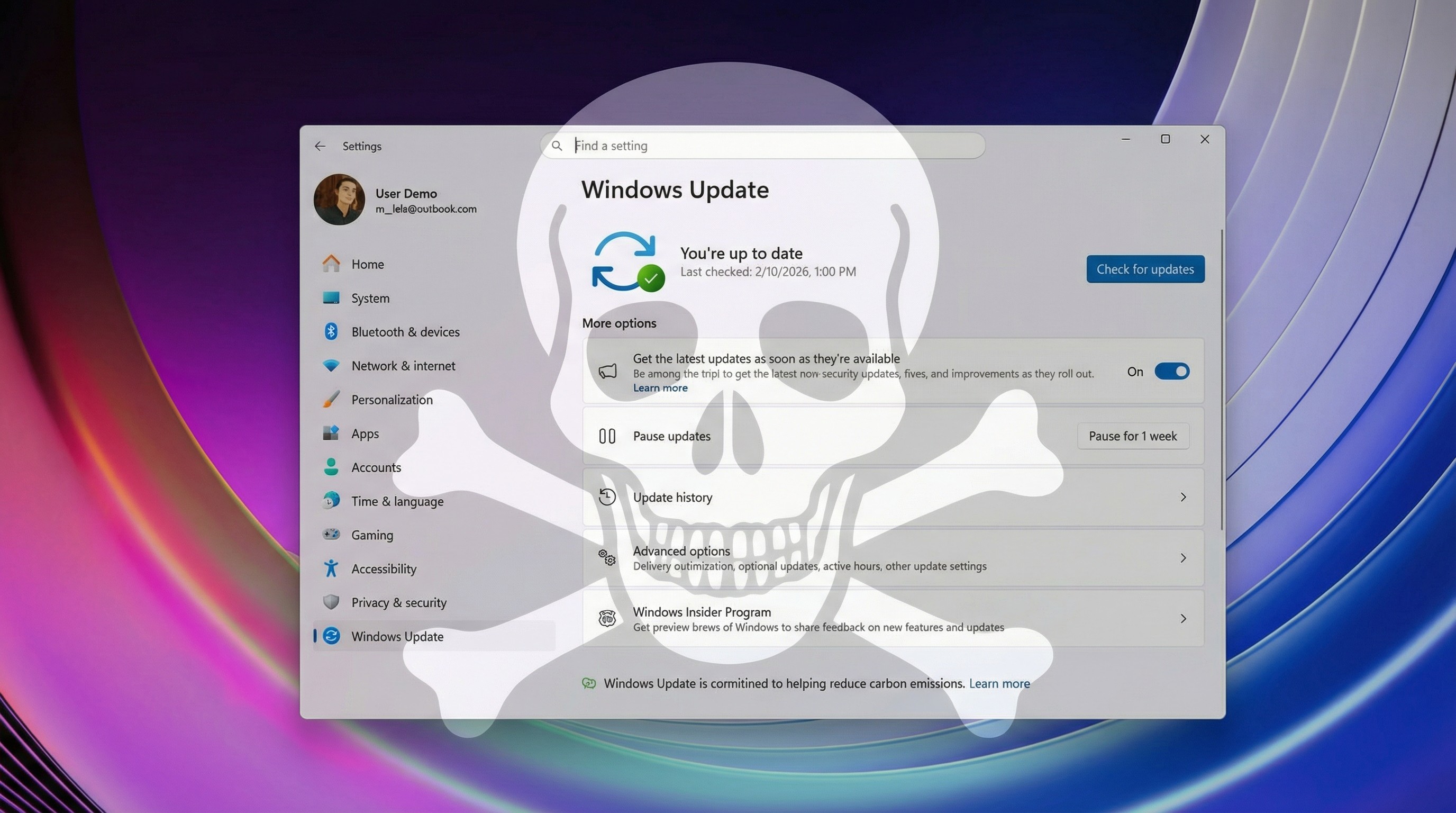Microsoft announces Windows 10X: A modern OS for foldable PCs coming next year
Windows 10X will power a wave of foldable PCs set to arrive in 2020.
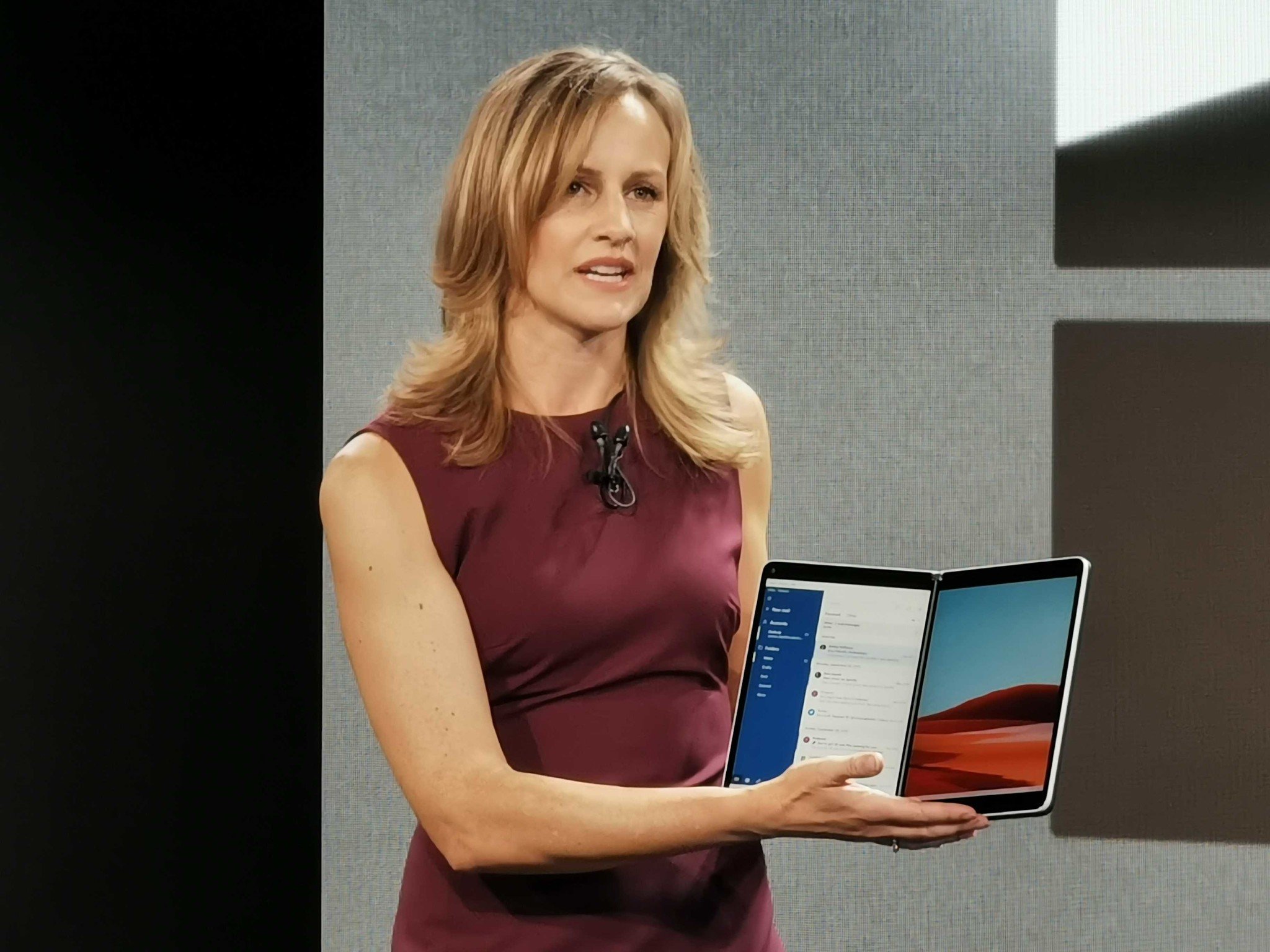
All the latest news, reviews, and guides for Windows and Xbox diehards.
You are now subscribed
Your newsletter sign-up was successful
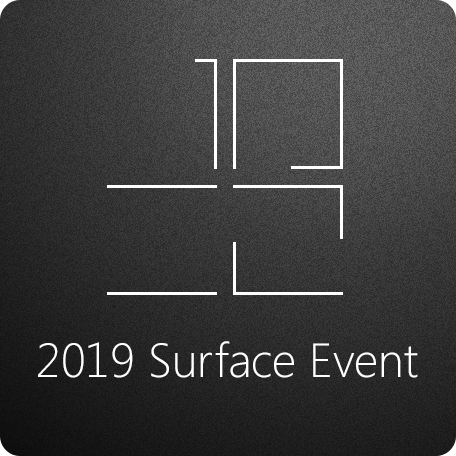
Microsoft has today taken the wraps off a new edition of Windows 10 that has been rebuilt from the ground up using Windows 10 Core Technologies. This new edition of Windows 10 is based on Windows Core OS, a modular version of Windows 10 that aims to modernize and componentize the OS for all kinds of device form factors such as HoloLens 2, Surface Hub 2X, and more. Today, Microsoft announced Windows 10X, a version of Windows Core OS that's designed for new foldable PC device form factors coming in 2020.
Windows 10X features a brand new UX with a modern Start menu, taskbar, and user experience. The UX has been rebuilt from the ground up with foldable PCs in mind, redesigning core system elements such as the Start menu, Taskbar, Action Center, and more. It introduces a modular shell experience that can adapt and change on the fly, depending on how you're using your device. The OS overall is much more consistent in its design thanks to the removal of legacy components and shell bits.
Microsoft says Windows 10X is for new foldable PCs only, and won't be coming to users already running Windows 10 today. Those who wish to use Windows 10X will have to buy PCs that have the OS preinstalled, which won't be until Holiday 2020 at the earliest. Microsoft has already confirmed that it, along with Dell, HP, and Lenovo, will be shipping Windows 10X foldable PCs in Holiday 2020.
Modern OS, legacy apps
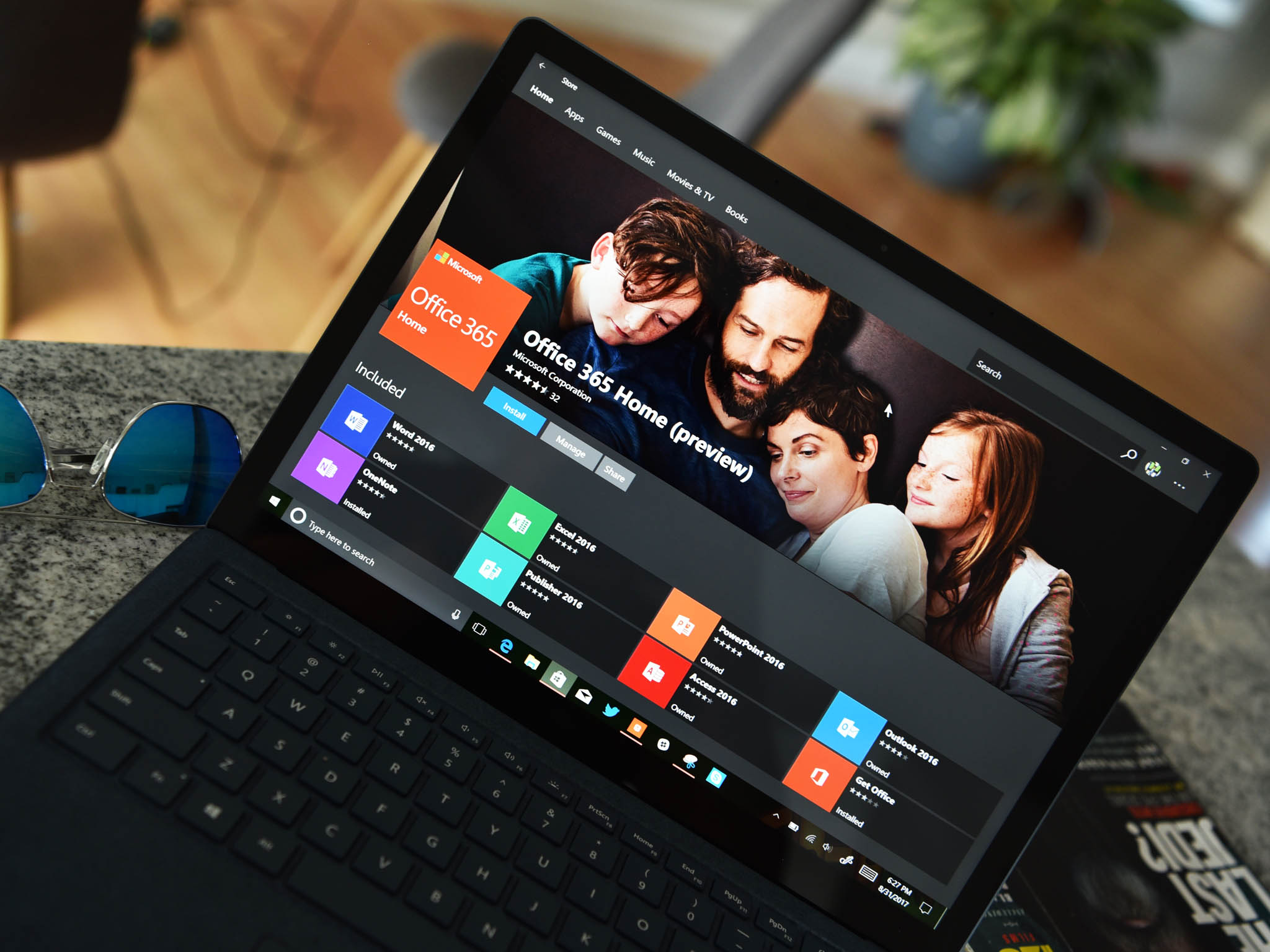
Crucially, Microsoft says that Windows 10X can run all your usual programs, including Win32 programs. This is a big deal, as it means Windows 10X won't be gimped from the start via a lack of apps. Users will be able to download and use Win32 programs from the Microsoft Store, or from third-party storefronts like Adobe where applicable.
Win32 support on Windows 10X is somewhat different from how Win32 programs operate on regular Windows 10 however. Microsoft says that since Windows 10X is a modern OS, many of the legacy components required for Win32 apps to run have been decoupled from the core of the OS. But, thanks to Windows Core OS being a modular OS, users that need to run Win32 programs can do so as the OS will spin up the components required to run Win32 programs when required. When the user isn't running a Win32 program, those components are put back to sleep so that they don't affect OS performance.
End users shouldn't notice anything different in running their Win32 programs on Windows 10X, but it is a significant change to the OS. It also makes Win32 applications more secure by sandboxing and containerizing them so that they can't reach out and affect or damage other parts of the system. It's a huge step forward in security for Windows as a whole, and it's coming to Windows 10X first.
Foldable PCs are coming
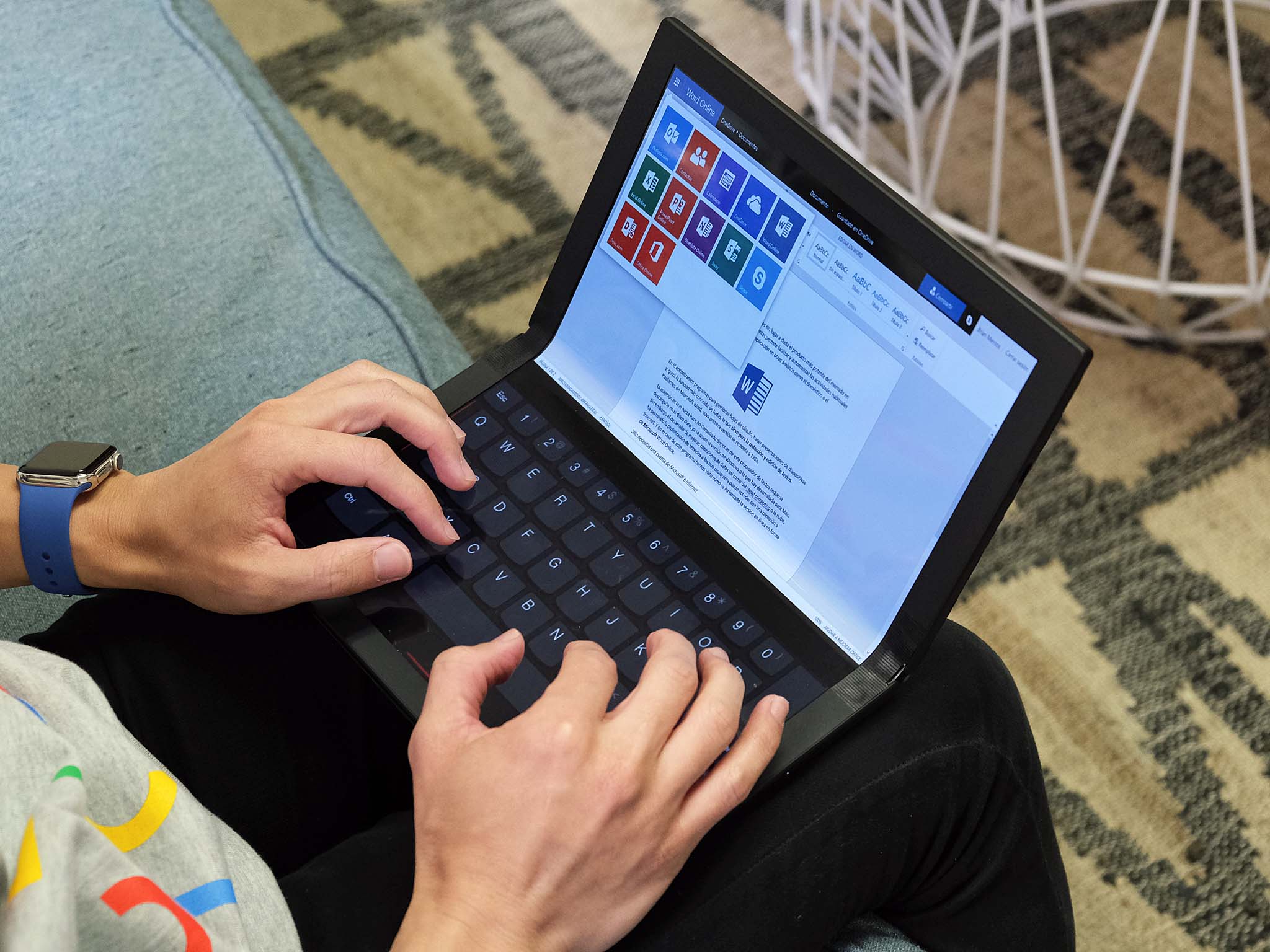
Microsoft says these new PCs are an innovative new form factor, introducing foldable and dual-screen technologies to laptop devices. Microsoft announced its dual-screen PC today as well, and it will be one of the first products to ship with Windows 10X next year. Lenovo has already shown off its foldable PC, which will also be running Windows 10X when it ships. Dell, HP, and ASUS are also expected to ship foldable PCs in Holiday 2020, all running Windows 10X.
All the latest news, reviews, and guides for Windows and Xbox diehards.
For now, Microsoft says Windows 10X is exclusive to foldable PCs, and won't be coming to traditional form factors like laptops or desktops. That could change in the future, and I think that will depend entirely on how well Windows 10X does on the foldable PC form factor first.
Modularization of Windows
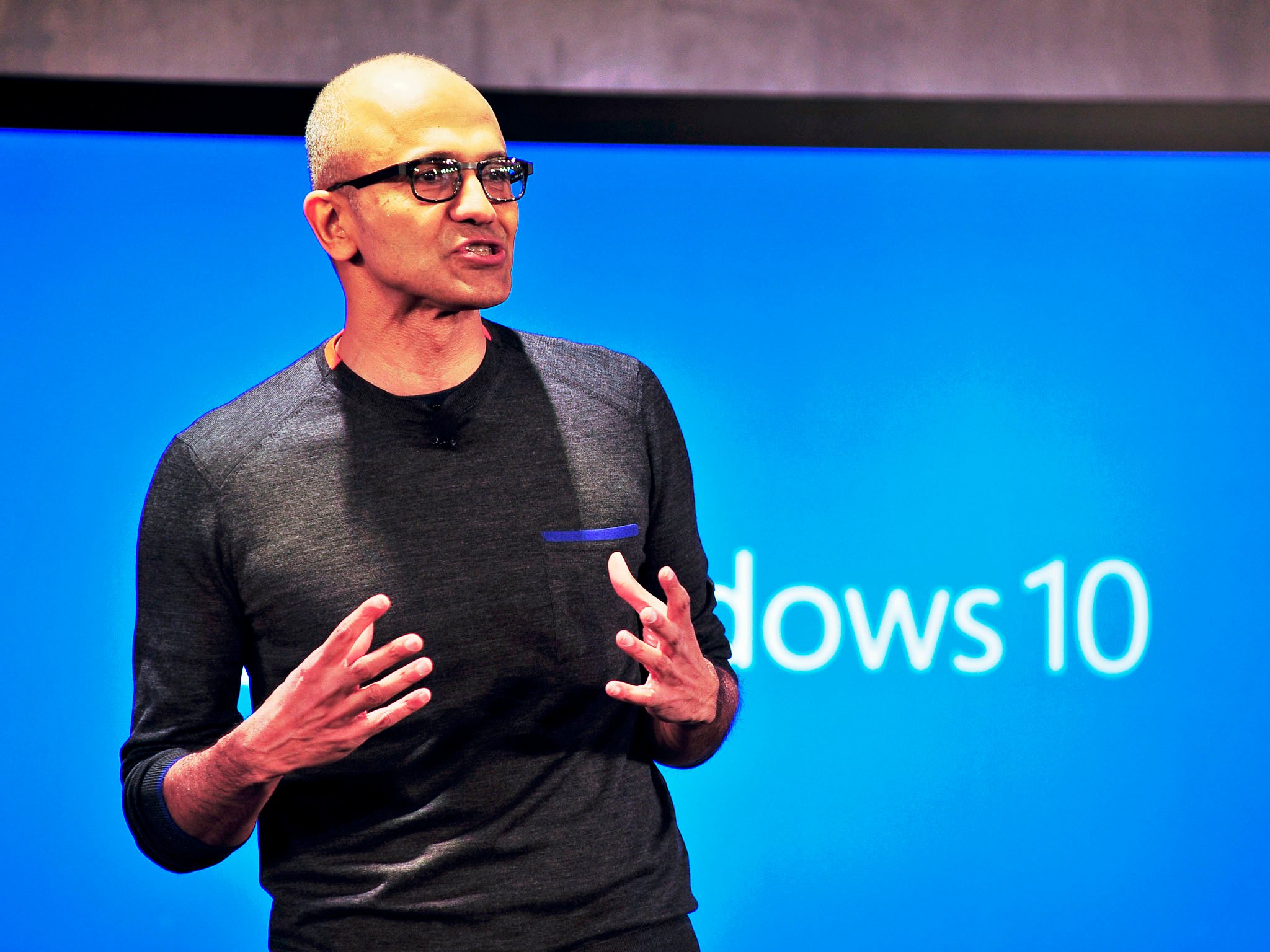
Windows 10X is built on top of Windows Core OS, which Microsoft insists is not a new OS and sits under the Windows 10 umbrella. What's unique about Windows Core OS is that it's a modular platform that can adapt and change on the fly. Because of this, Windows 10X is based on the same universal OS that HoloLens 2, Surface Hub 2X, and even the Xbox is based on, with little changes to the core to make the OS run across these devices. The significant differences across these different editions of Windows Core OS come in the form of varying shell UX.
The shell UX is what users interact with, and on Windows Core OS, it's different across the many different device form factors it runs on. HoloLens 2 looks different from Surface Hub 2X, which is different from Windows 10X, and that's by design. It means although Windows Core OS is the same OS across these different devices, the user experience doesn't degrade because of it, and that's how Microsoft is differentiating these different editions of Windows Core OS.
Modularizing Windows also allows Microsoft to build features and functions once, and share them across different form factors. For example, Microsoft's work around HDR and framerate improvements on Xbox One were built using these Core Technologies, meaning those same improvements can now easily be applied to other devices that also run Windows Core OS.
A year away
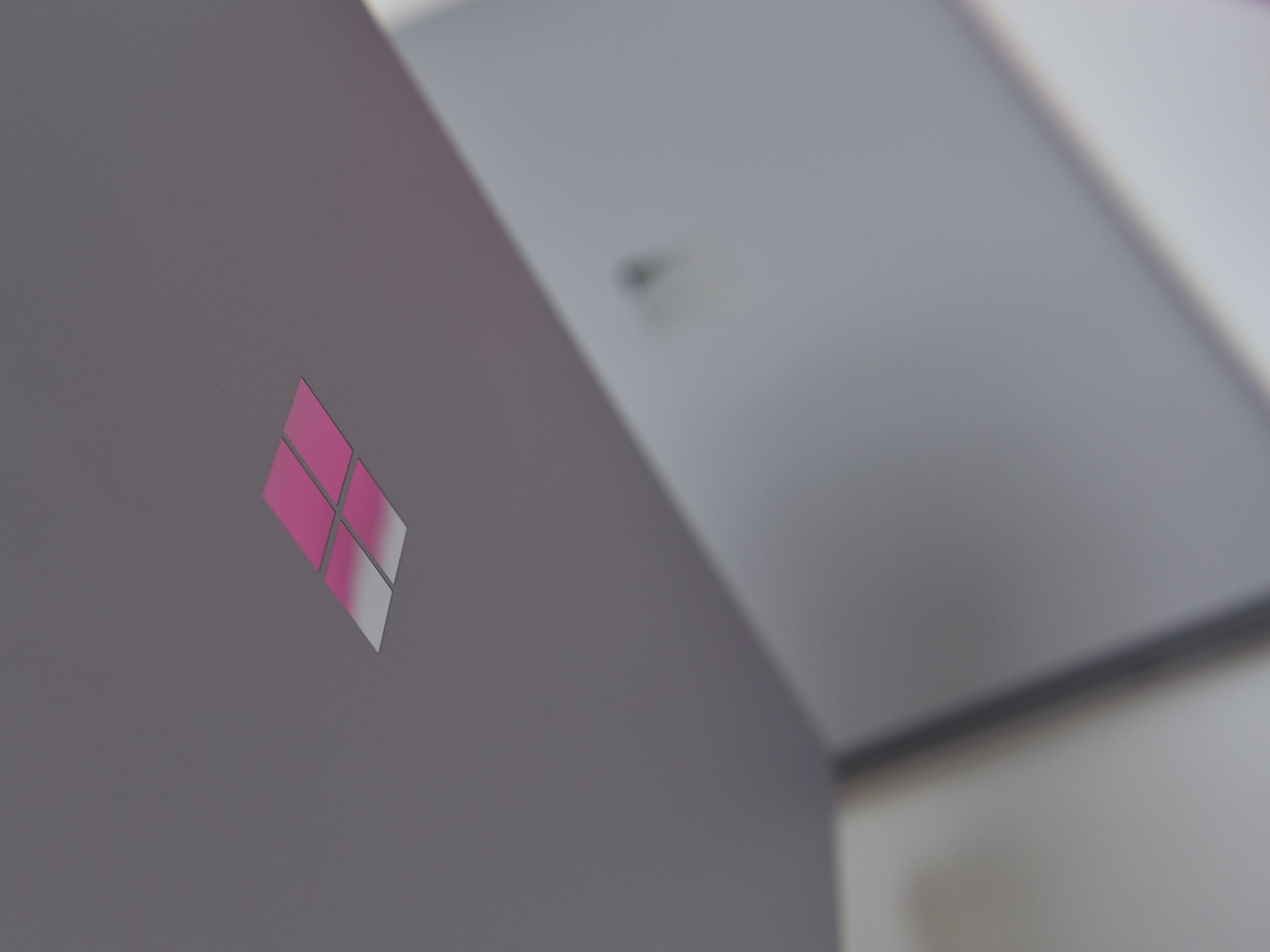
Microsoft says Windows 10X won't be coming until the fall of 2020, giving hardware makers, and Microsoft itself plenty of time to finalize both hardware and software efforts. I asked Microsoft if Insiders would get the chance to test Windows 10X before it starts shipping, but Microsoft was unable to comment at this time. Several UX changes first introduced with Windows 10X may find their way to Windows 10 over time, as these Core Technology components can also run on top of regular Windows 10 where applicable.
What are your thoughts?
So that's Windows 10X, a new modern version of Windows 10 built on a modular version of Microsoft's OS. Let us know in the comments what your thoughts are, and whether or not you're interested in buying a foldable PC with Windows 10X preinstalled.
Here's everything Microsoft announced at its Surface 2019 event

